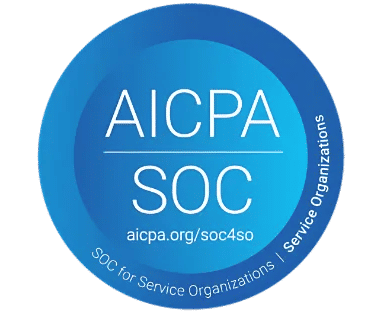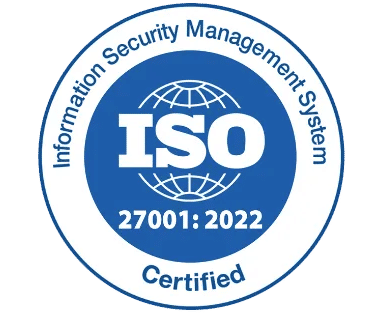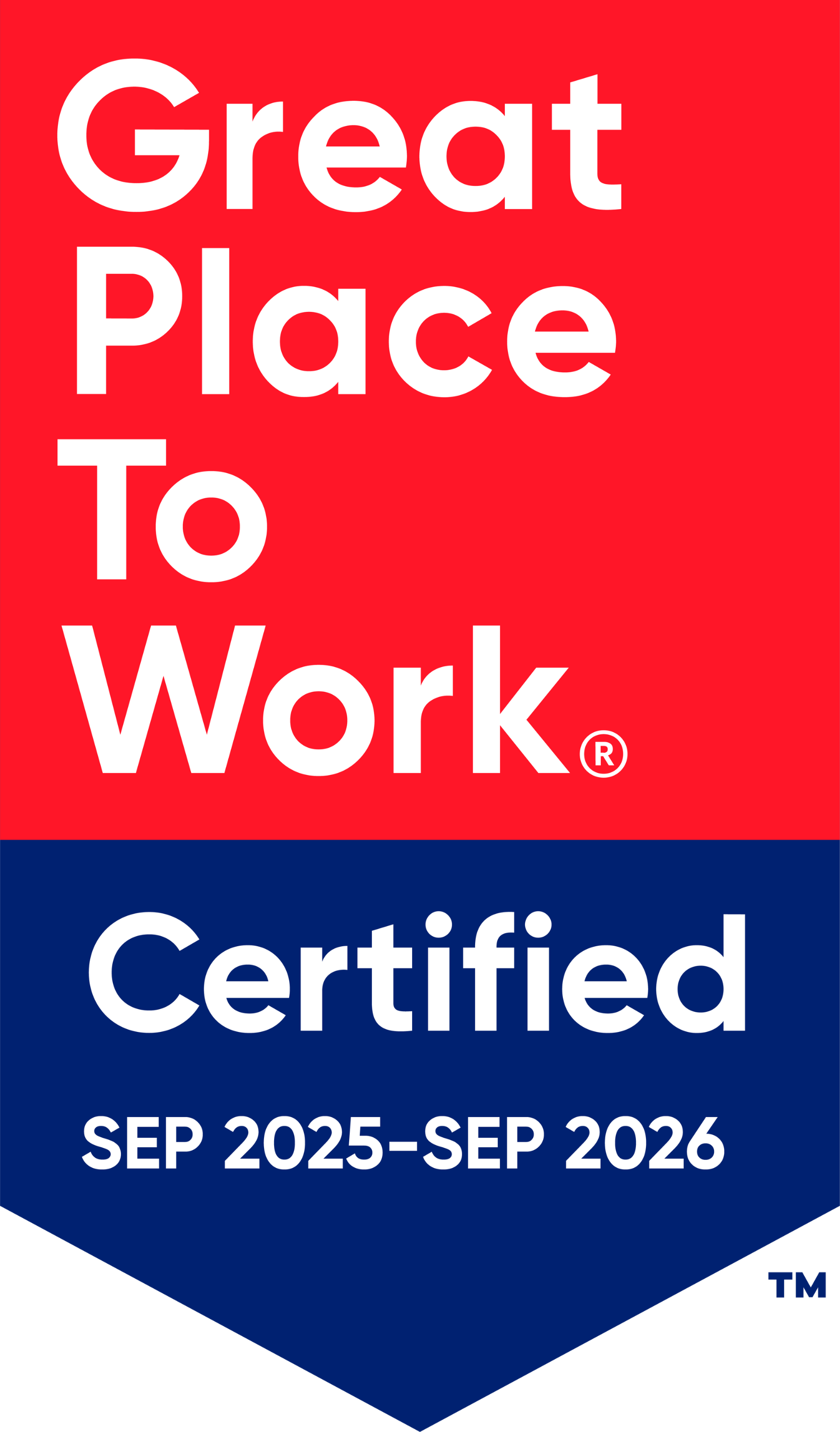LMS for Business: Engage, Educate, and Elevate Teams
_jeKKdX2AG.png)
In today’s business world, employee development is a key driver of success. To keep teams motivated, productive, and skilled, companies need modern tools that support continuous learning. A Learning Management System (LMS) offers an effective solution to achieve this goal. It helps businesses engage, educate, and elevate their teams through a structured, scalable, and accessible approach to training.
What is LMS for Business?
LMS platforms offer flexibility and scalability, making them an ideal solution for businesses of all sizes. Whether you’re a small business looking to train a handful of employees or a large organization with thousands of staff members, an LMS can be customized to meet your unique needs.
Benefits of LMS for Business
Implementing an LMS in your business offers a multitude of benefits that go beyond just training employees. Let’s take a closer look at the advantages:
1. Enhanced Employee Engagement
An LMS helps create a more engaging and interactive learning environment. Employees can take part in gamified courses, complete quizzes, and earn certifications as they progress, keeping them motivated to learn.
2. Cost-Effectiveness
Traditional training methods such as in-person classes and seminars can be expensive. With an LMS, businesses can eliminate travel costs, venue fees, and instructor expenses, offering a cost-effective training solution.
3. Scalable Learning Solutions
As your business grows, so does your need for training. An LMS grows with your organization, allowing you to easily scale your learning programs to accommodate more users, new courses, or updated materials.
4. Consistency in Training
An LMS ensures that all employees receive consistent training. You can update materials in one place and ensure everyone has access to the latest content, ensuring uniformity in knowledge across the organization.
5. Data-Driven Insights
LMS platforms provide detailed reports on employee progress, performance, and areas for improvement. This data is invaluable for managers and HR teams to assess the effectiveness of training programs and make informed decisions.
Types of LMS for Business
There are several different types of LMS platforms available, each catering to specific business needs. Understanding the types of LMS can help you choose the best solution for your organization. Here are the most common types:
1. Cloud-Based LMS
Cloud-based LMS platforms are hosted on the cloud, which means you don’t have to worry about managing hardware or software updates. They are highly scalable and accessible from anywhere, making them ideal for businesses with remote teams.
- Advantages: Easy access from any device, no need for internal IT management, lower upfront costs.
- Examples: Docebo, TalentLMS, Moodle Cloud.
2. Self-Hosted LMS
A self-hosted LMS is installed on your company’s internal servers. This option gives businesses more control over their platform, including customization, security, and data management. However, it requires more maintenance and may involve higher upfront costs.
- Advantages: Complete control over customization and data security.
- Examples: Moodle, LearnDash, Blackboard.
3. Open-Source LMS
Open-source LMS platforms are free to use, and businesses can modify the source code to tailor the system to their specific needs. While the software is free, implementation and maintenance often require technical expertise.
- Advantages: Customizable, free to use, no vendor lock-in.
- Examples: Moodle, Sakai, Chamilo.
4. Corporate LMS
Corporate LMS platforms are designed for larger organizations and offer features like multi-language support, integration with other enterprise systems, and advanced reporting capabilities. They are ideal for companies with complex training needs.
- Advantages: Comprehensive features for large organizations, multi-department support, integration with HR systems.
- Examples: SAP Litmos, Cornerstone OnDemand, Skillsoft.
How to Choose an LMS for Your Business
Choosing the right LMS for your business is crucial to the success of your employee training initiatives. Here are some key factors to consider when selecting an LMS:
1. Ease of Use
The LMS should have an intuitive user interface (UI) that is easy for both employees and administrators to navigate. Complex systems can discourage engagement, so simplicity is key.
2. Customization and Flexibility
Choose an LMS that offers customization options to fit your company’s specific needs. From branding to course creation, the system should be flexible enough to allow for modifications.
3. Scalability
As your business grows, your training needs will likely expand as well. Ensure the LMS can scale to accommodate more users, courses, and advanced features.
4. Integration Capabilities
Your LMS should integrate seamlessly with other tools your business uses, such as HR software, performance management systems, and communication platforms. This ensures data consistency across platforms and saves time.
5. Support and Training
Look for an LMS provider that offers excellent customer support, as well as training resources for administrators and end-users. A strong support system can ensure smooth implementation and troubleshooting.
6. Pricing
Consider your budget when choosing an LMS. Some platforms offer flexible pricing based on the number of users or features, while others provide tiered pricing. Make sure the LMS you choose offers good value for your money.
Unlocking the Full Potential of Your LMS
Choosing the right LMS is just the first step. To truly reap the benefits, it’s essential to unlock its full potential by tailoring it to your specific business needs. From creating engaging content to fostering a culture of continuous learning, there are many ways to get the most out of your LMS and ensure it drives real results for your organization.
To unlock the full potential:
Create Customized Learning Paths to Address the Unique Needs of Different Teams
One of the most powerful features of an LMS is the ability to create customized learning paths for different teams within your organization. Each department or team may have different training needs based on their roles, responsibilities, and skill levels. By tailoring training programs to address these specific needs, you can ensure that every employee gets the most relevant and beneficial content.
For example, the marketing team may need courses on digital marketing tools, while the customer support team might benefit from training focused on conflict resolution and product knowledge. Personalized learning paths allow businesses to:
- Address skill gaps specific to each role
- Optimize learning by focusing on what’s most relevant
- Maximize employee engagement by offering a more relevant learning experience
By providing each team with their own learning path, you ensure that training is both targeted and effective, leading to a more knowledgeable and confident workforce.
Engage Employees with Interactive Content, Quizzes, and Real-World Scenarios
Traditional training methods, such as long lectures or static content, can often lead to disengagement. With an LMS, you can make learning more interactive and engaging through various multimedia elements.
- Interactive content, such as videos, simulations, and drag-and-drop exercises, keeps learners actively involved rather than passively consuming information.
- Quizzes and assessments help reinforce learning by testing employees’ knowledge and understanding in real-time.
- Real-world scenarios provide practical examples of how the concepts and skills being taught can be applied in the workplace.
For instance, instead of just teaching employees about customer service principles through text or video, you can create simulated customer interactions where employees have to respond to different customer queries. This hands-on approach enhances learning and boosts retention by allowing employees to practice skills in a safe, controlled environment.
Monitor Progress Regularly and Adjust Training Programs as Needed for Better Results
An essential feature of an LMS is its ability to track employee progress in real-time. With built-in analytics and reporting tools, you can get detailed insights into how employees are performing, which areas they’re excelling in, and where they may need additional support. This information is crucial for fine-tuning your training efforts to ensure effectiveness.
For example:
- If certain employees are consistently struggling with a particular module, the content might need to be adjusted or supplemented with additional resources.
- If a course is too easy or too challenging for the majority of learners, it can be modified to better suit the skill levels of your team.
Regularly monitoring progress enables businesses to spot potential issues early, provide timely feedback, and make data-driven decisions about the training process. This creates a dynamic learning environment where the training continually evolves based on employee needs and performance.
Encourage a Feedback Culture, Allowing Employees to Share Insights That Can Improve Future Training Programs
Fostering a feedback culture within your LMS system is crucial to the success of your training program. When employees have the opportunity to share their thoughts, opinions, and experiences regarding training courses, it not only improves engagement but also ensures that the content remains relevant and effective.
Here’s how you can encourage a feedback culture:
- Surveys and questionnaires after each course or training session can help gather insights about the learning experience.
- Create discussion forums within the LMS platform where employees can share their ideas, ask questions, and suggest improvements.
- Act on employee feedback by updating training materials and adjusting course content based on suggestions and common issues.
By making employees feel heard and actively involving them in the training process, you not only improve the quality of the learning materials but also create a sense of ownership over their own development. Moreover, a continuous feedback loop can lead to ongoing improvements in your training program, ensuring it stays aligned with both business goals and employee needs.
By continuously evolving your use of the LMS, you ensure it remains a valuable resource for both the organization and its employees.
Conclusion
An LMS is a powerful tool for engaging, educating, and elevating teams. It ensures that employees have access to continuous learning opportunities, allowing them to develop skills, improve performance, and contribute to the overall success of the business. By adopting an LMS, companies can drive employee engagement, save training costs, and create a more skilled workforce.
Ready to take your training to the next level? Book a demo today and see how an LMS can transform your business.
Frequently Asked Questions
1. What is the cost of implementing an LMS for my business?
The cost of an LMS can vary greatly depending on the platform, features, and number of users. Many platforms offer scalable pricing models based on the size of your organization and specific needs. It’s important to get quotes from different providers to ensure you choose the best option for your budget.
2. Can an LMS be used for remote teams?
Absolutely! One of the key benefits of an LMS is that it can be accessed from anywhere, making it perfect for remote and distributed teams. Employees can complete training on their own schedule, no matter where they are located.
3. How does an LMS improve employee retention?
By offering continuous learning and development opportunities, an LMS helps employees feel valued and supported. Employees are more likely to stay with a company that invests in their growth and provides opportunities for career advancement.
4. What types of training can be delivered through an LMS?
An LMS can deliver a wide range of training, including compliance training, technical skills, soft skills, leadership development, and more. It is a versatile platform that can accommodate various learning needs.
5. How do I know if an LMS is right for my business?
If you’re looking to enhance employee training, track progress, and offer accessible learning resources, an LMS could be the right fit for your business. Booking a demo will help you see how the system can work for your specific needs.









_svxLrd-8yH.png)

_2VYSFUTN5m.png)

_JiluXJRGNl.svg)

_2djTKNocf.png)





_Rapo0hRMBy.png)

















